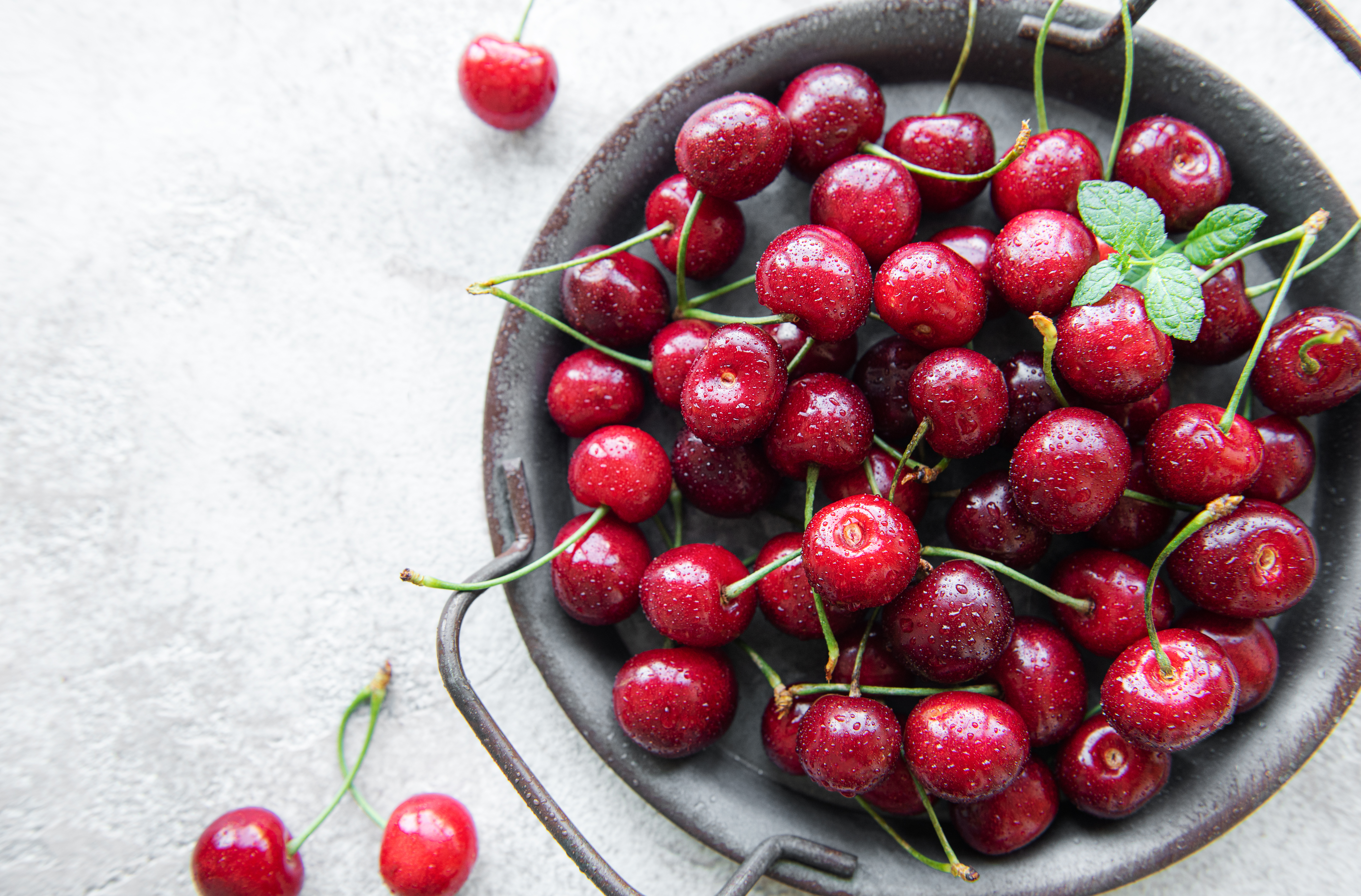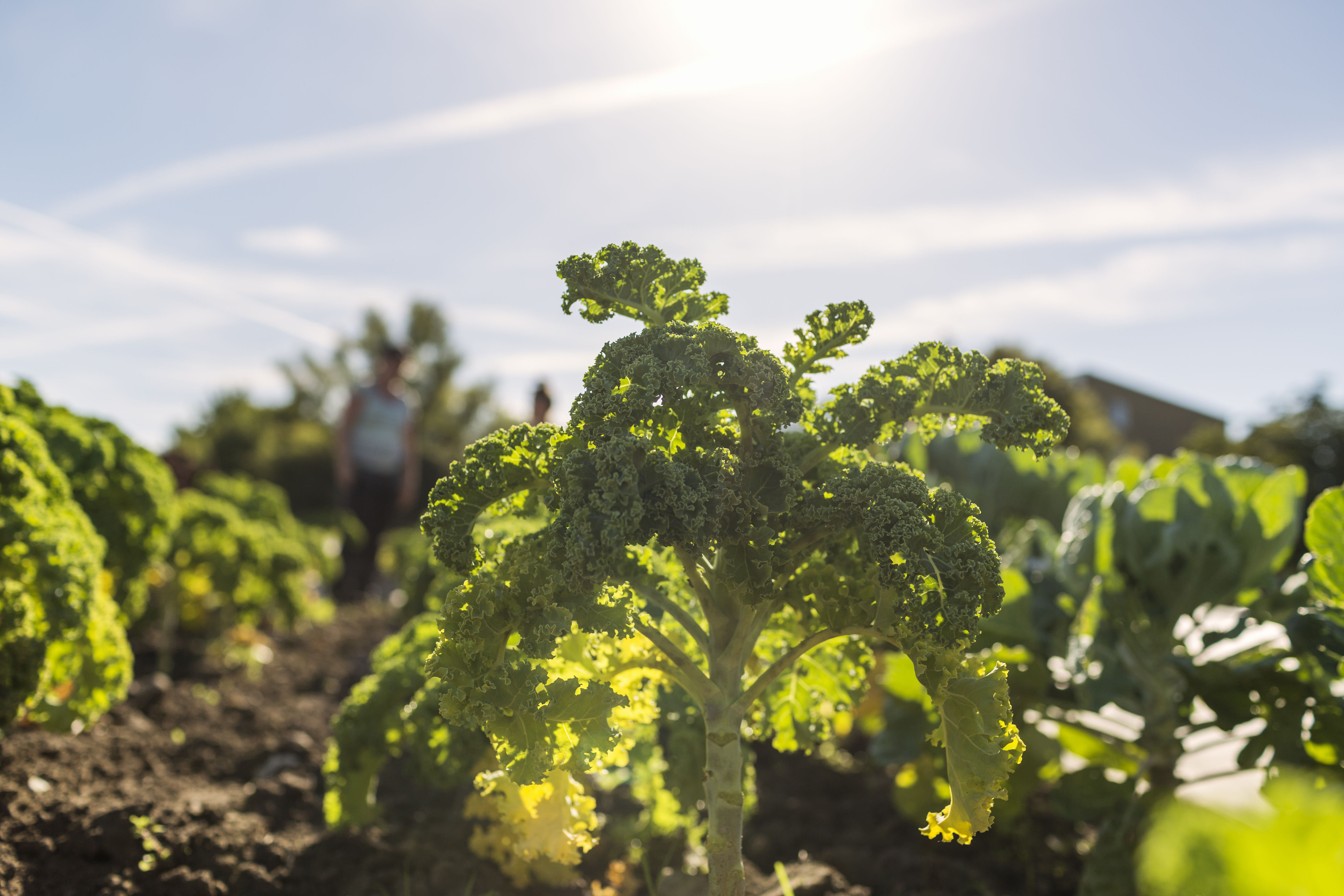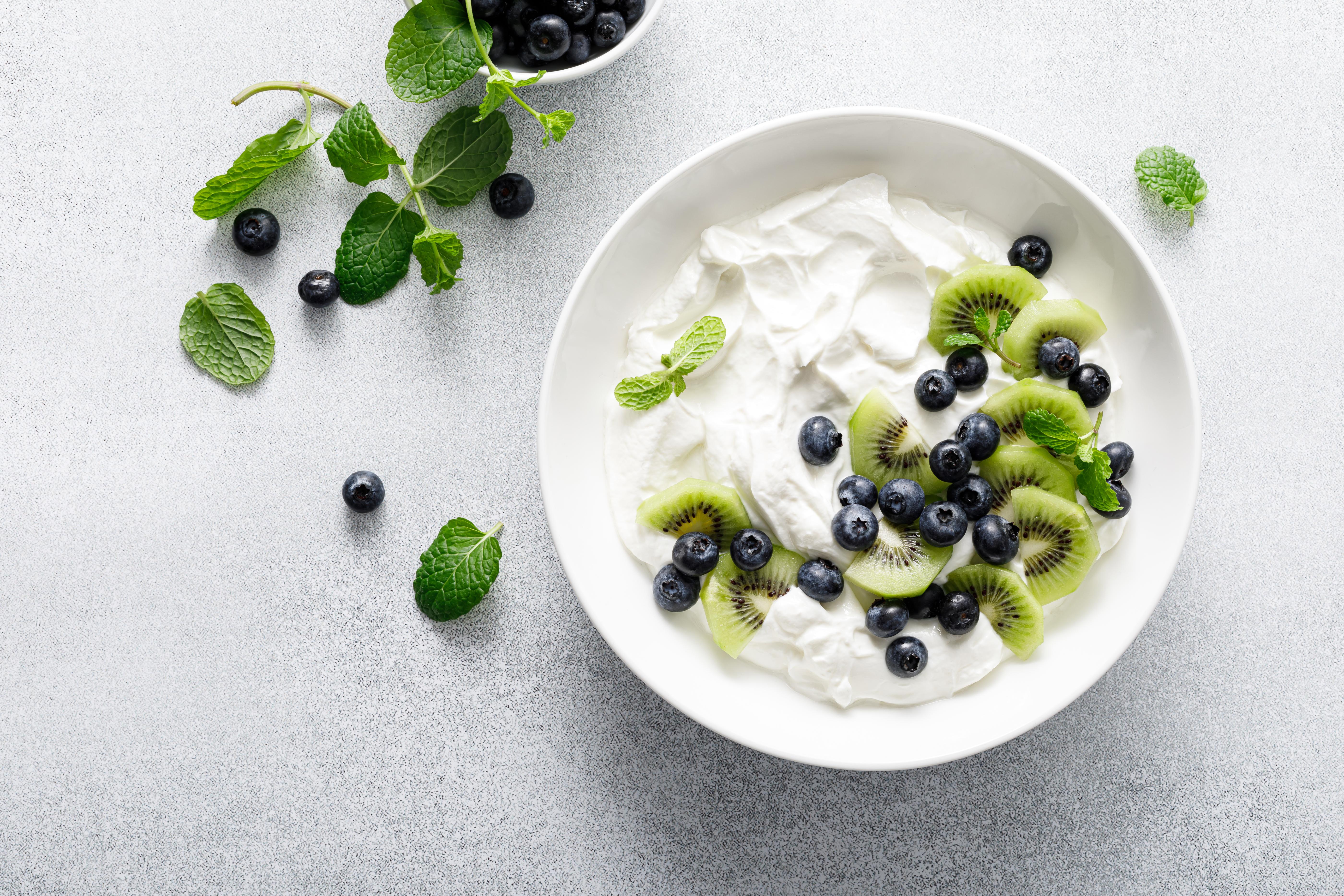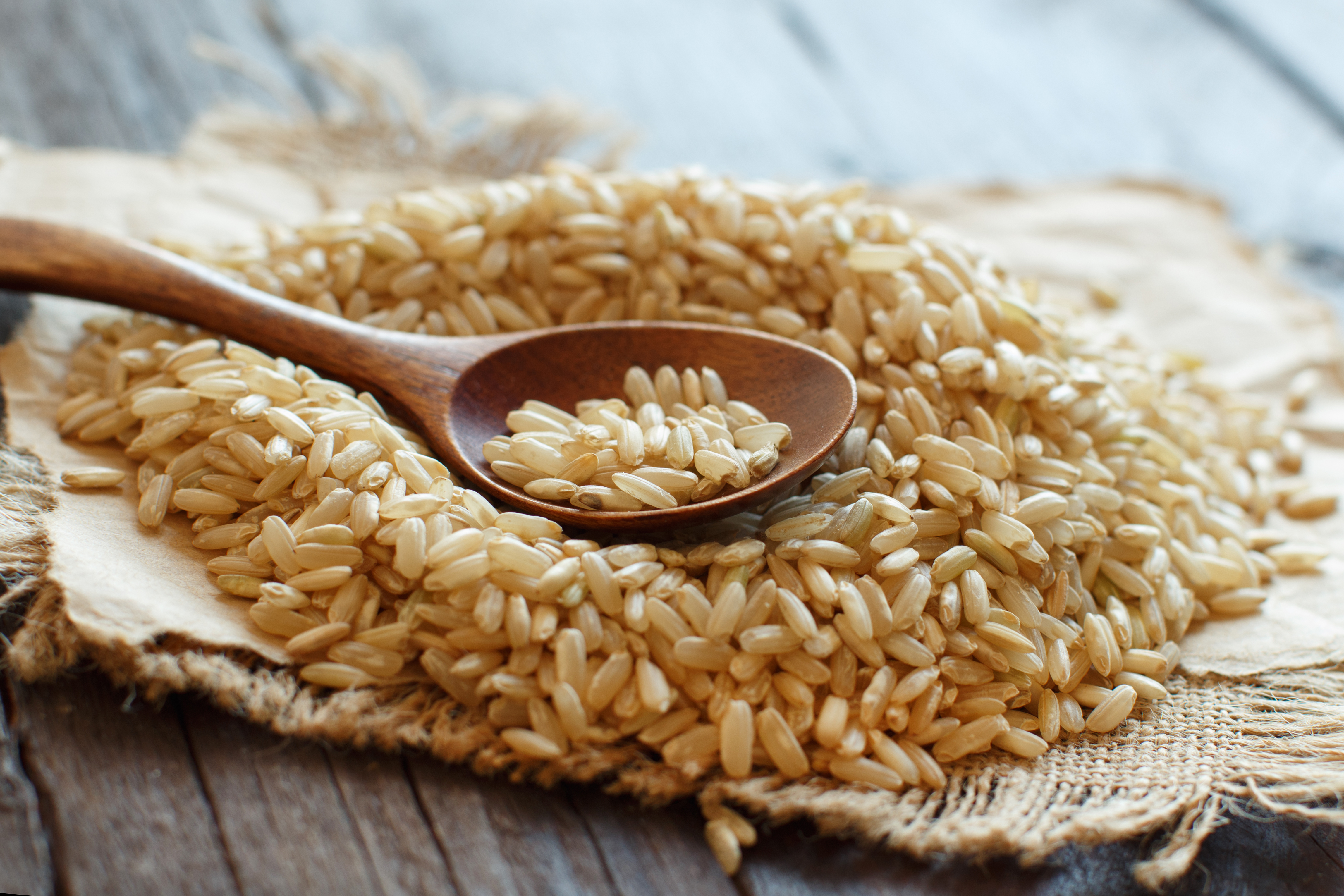Gout Guardian: Foods to Conquer Flare-Ups
Gout, a form of arthritis characterized by sudden, severe attacks of pain, redness, and tenderness in joints, is a condition that can be both debilitating and challenging to manage. It's caused by elevated levels of uric acid in the blood, which form crystals in the joints, leading to inflammation and pain. While medications can help manage symptoms, diet plays a crucial role in preventing flare-ups. By carefully selecting foods that lower uric acid levels, individuals with gout can enjoy a more comfortable life. This article explores the top foods that not only help tame gout flare-ups but also offer delicious and comforting meal options.
1. Cherries: A Sweet Relief

Cherries are often hailed as a natural remedy for gout, thanks to their ability to lower uric acid levels and reduce inflammation. These vibrant fruits are rich in antioxidants, particularly anthocyanins, which have been shown to decrease the frequency of gout attacks. A study published in the journal Arthritis & Rheumatism found that consuming cherries or cherry extract over a two-day period was associated with a 35% lower risk of gout attacks. Whether fresh, frozen, or juiced, incorporating cherries into your diet can be a sweet and effective way to manage gout symptoms while satisfying your sweet tooth.
2. Leafy Greens: The Power of Plants

Leafy greens like spinach, kale, and Swiss chard are low in purines, the compounds that break down into uric acid, making them excellent choices for those managing gout. These greens are also packed with vitamins, minerals, and antioxidants that support overall health and reduce inflammation. Their high fiber content aids in digestion and helps maintain a healthy weight, which is crucial for managing gout. Including a variety of leafy greens in your meals, whether in salads, smoothies, or sautéed dishes, can be a delicious way to harness the power of plants in your gout management plan.
3. Low-Fat Dairy: A Creamy Solution

Low-fat dairy products, such as milk, yogurt, and cheese, have been shown to lower uric acid levels and reduce the risk of gout attacks. The proteins in dairy products increase the excretion of uric acid in the urine, helping to keep levels in check. A study in the New England Journal of Medicine found that individuals who consumed low-fat dairy were less likely to develop gout. Incorporating these creamy, satisfying foods into your diet can provide essential nutrients like calcium and vitamin D while offering a comforting way to manage gout symptoms.
4. Berries: Tiny but Mighty

Berries, including strawberries, blueberries, and raspberries, are packed with vitamin C and other antioxidants that combat inflammation and lower uric acid levels. Their high fiber content also promotes satiety and healthy digestion, both important factors in managing gout. Research suggests that a diet rich in vitamin C can significantly reduce the risk of gout. Berries are versatile and can be enjoyed fresh, in smoothies, or as toppings for yogurt and oatmeal, making them a delicious and mighty addition to a gout-friendly diet.
5. Whole Grains: The Heart of Comfort

Whole grains, such as oats, brown rice, and quinoa, are excellent sources of fiber and nutrients that support overall health and help manage gout. Unlike refined grains, whole grains have a lower glycemic index, which helps maintain stable blood sugar levels and reduces inflammation. Their fiber content aids in digestion and weight management, crucial for those with gout. Incorporating whole grains into your meals can provide a hearty, comforting base for a variety of dishes, from breakfast bowls to savory sides, all while supporting your gout management goals.
6. Nuts and Seeds: Crunchy Companions

Nuts and seeds are nutrient-dense foods that offer healthy fats, protein, and fiber, making them ideal snacks for those managing gout. Almonds, walnuts, flaxseeds, and chia seeds are particularly beneficial due to their anti-inflammatory properties and low purine content. These crunchy companions can help maintain a healthy weight and provide sustained energy throughout the day. Including a handful of nuts or a sprinkle of seeds in your salads, yogurt, or as a standalone snack can be a satisfying way to embrace comfort while managing gout.
7. Coffee: A Surprising Ally

Coffee lovers rejoice! Studies suggest that coffee consumption may lower the risk of developing gout. The caffeine and polyphenols in coffee have been shown to reduce uric acid levels and improve insulin sensitivity, both of which are beneficial for gout management. A study published in Arthritis Care & Research found that individuals who drank coffee regularly had a significantly lower risk of gout. While moderation is key, enjoying a daily cup of coffee can be a comforting ritual that also supports your efforts to tame gout flare-ups.
8. Fatty Fish: Omega-3 Rich Delights

Fatty fish such as salmon, mackerel, and sardines are rich in omega-3 fatty acids, which have potent anti-inflammatory effects. These healthy fats can help reduce joint inflammation and pain associated with gout. Although some fish are high in purines, the benefits of their omega-3 content often outweigh the risks, especially when consumed in moderation. Including fatty fish in your diet a few times a week can provide a delicious and heart-healthy way to manage gout symptoms and embrace culinary comfort.
9. Citrus Fruits: A Zesty Boost

Citrus fruits like oranges, grapefruits, and lemons are excellent sources of vitamin C, which has been shown to lower uric acid levels and reduce the risk of gout attacks. These zesty fruits are also hydrating and refreshing, making them a great addition to any meal or snack. Squeezing fresh lemon juice over salads, enjoying a juicy orange, or sipping on grapefruit-infused water are simple ways to incorporate these fruits into your diet. Their vibrant flavors and health benefits make citrus fruits a delightful and effective component of a gout-friendly lifestyle.
A Balanced Plate for Gout Relief

Managing gout requires a thoughtful approach to diet, focusing on foods that lower uric acid levels and reduce inflammation. By embracing a variety of nutrient-rich options like cherries, leafy greens, low-fat dairy, berries, whole grains, nuts, coffee, fatty fish, and citrus fruits, individuals can craft a balanced plate that not only tames gout flare-ups but also provides comfort and satisfaction. Each of these foods offers unique benefits that contribute to overall health and well-being. By prioritizing these dietary choices, you can take control of your gout symptoms and enjoy a more comfortable, fulfilling life.